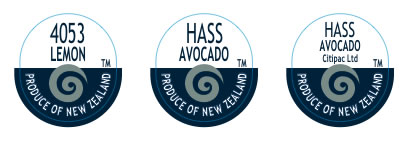Wholesale prices achieved for lemons in general have been above those achieved on any comparison with the same time last year, or indeed the year before. Wholesale prices achieved for lemons in general have been above those achieved on any comparison with the same time last year, or indeed the year before.
Our pickers are flat out again this week, if you would like your orchard to be added to the schedule please call to discuss options.
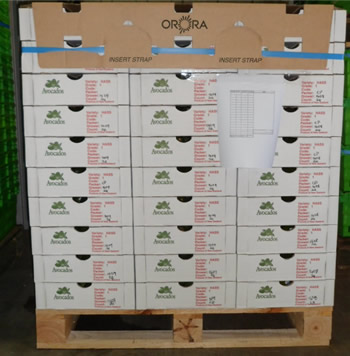
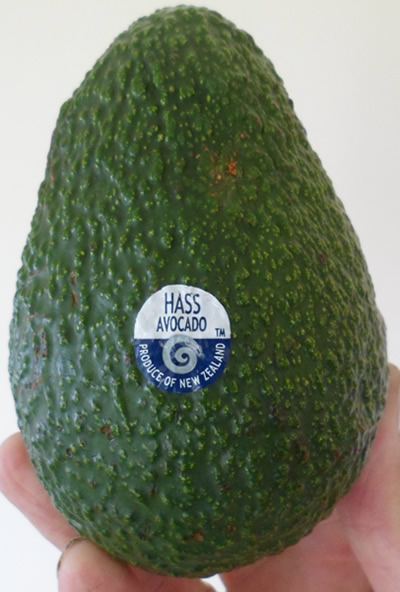
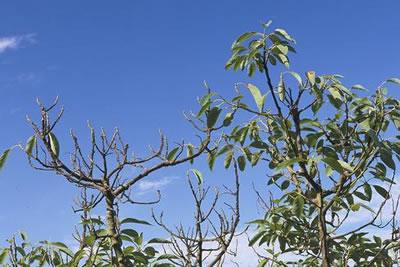
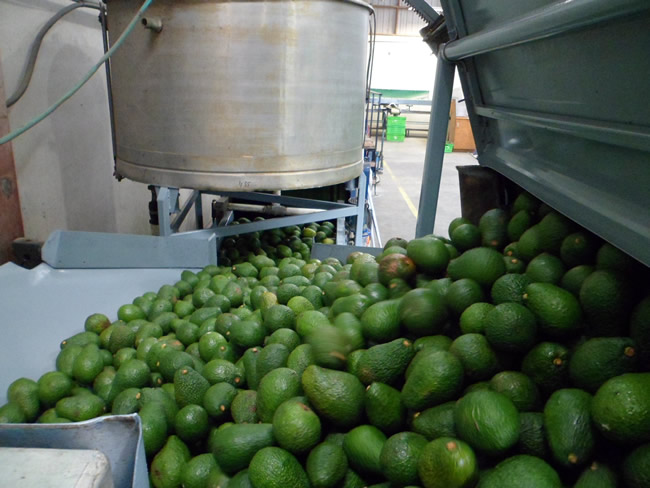
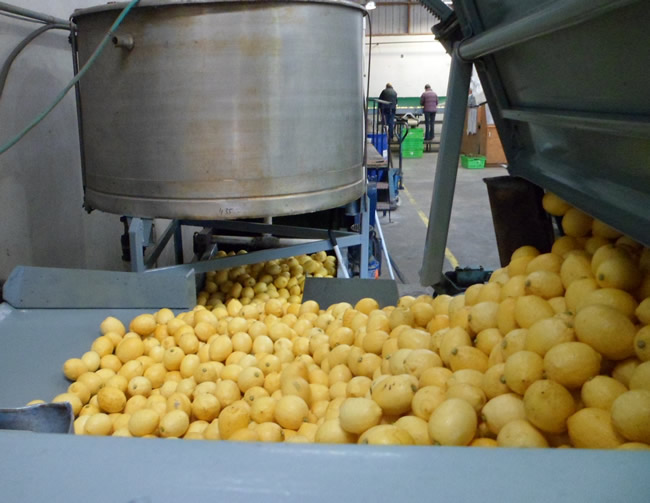
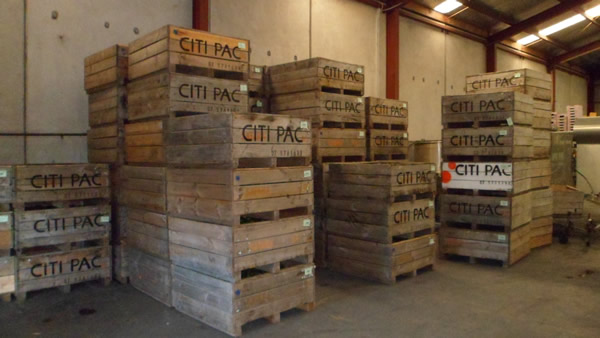
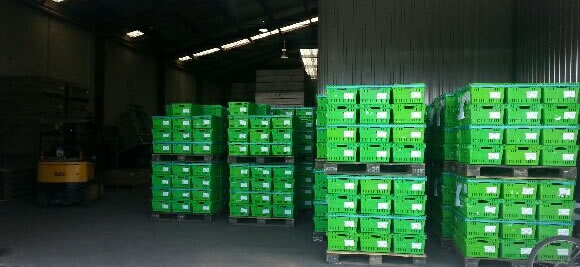
We have been busy at Citipac, amongst other things, checking out the state of our grower orchards and getting dry matter tests for those orchards looking like they were close to a pass. On our orchard the focus from now on is to protect the flowering for next season and the best way to do this is by removing as much crop as possible in the sizes that will return a decent amount, at the moment that is 80 count plus. Hopefully those of you with a 23% plus dry matter result have had their first pick completed before the current high winds/rain. On some of our orchards we are already on the second pick.
Check the strategy
A number of times recently, large numbers of fruit have been dropped on the Auckland market to the detriment of prices. We, however always endeavour to place your fruit for best return.
Please, please, if you are using a marketer make sure they have a marketing strategy in place.
Picking Costs
Are you an avocado grower and interested in comparing picking costs ? Go to the avocado growers website and share your experiences. With picking costs ranging from $85/bin to $400/bin, it might be worth comparing experiences.
Agfirst charge $40 + gst for dry matter testing and you need 23% to pass for local market sales. At 23% you will need the fruit to go through a ripening process before sale.
I have recently heard talk about the update to the food act due for implementation in 2016, below is the overview from the government website ‘http://www.foodsafety.govt.nz/policy-law/reform-nz-food-regulations/food-bill/questions-answers.htm‘.
The new Food Act
What does it mean for businesses ?
The Food Act 2014 aims to make it easier and less costly for many food businesses, while ensuring the food produced is safe and suitable for sale.
The new Food Act aims to give food businesses the tools to manage food safety themselves based on the level of risk associated with the kinds of food produced and in a way that suits their business.
Businesses do not need to make any immediate changes yet. Over the next 21 months, MPI will be developing regulations, tools and guidance. There will be extensive consultation during the development time giving people the opportunity to have their say on the detail of the new food safety system.
The period of formal public consultation is likely to be at the end of the year or early 2015 and will be open for around three months.
When the new Act comes fully into force, which will be 1 March 2016 at the latest, it will replace the Food Act 1981. After this time, food businesses will transition in groups into the new rules over a staggered three year period. At the end of the three year period, the Food Hygiene Regulations 1974 will be revoked.
The exception to this are some specific sections relating to food recall and the ability to manage a food safety incident, these will come into force immediately.
The central feature of the new Act is a sliding scale where businesses that are higher risk from a food safety point of view will operate under more stringent food safety requirements and checks than lower risk food businesses.
The new law recognises that each business is different and is a positive step forward from the old Act and its one-size-fits-all approach to food safety.
Higher-risk food businesses – that prepare and sell meals or sell raw meat or seafood, for example – will operate under a written Food Control Plan (FCP) where businesses identify food safety risks and steps they need to take to manage these risks. The FCP can be based on a template or businesses can develop their own plan to suit their individual business.
Businesses that produce or sell medium risk foods – like non-alcoholic beverages, for example – will come under National Programmes. There are three levels of National Programmes, which are based on the level of food safety risk. They won’t have to register a written plan, but will have to make sure they are following the requirements for producing safe food that will be set out in regulations. This includes having to register their business details, keep minimal records and have periodic checks.
Unlike the old Act, the new Act provides a clear exemption to allow Kiwi traditions like fundraising sausage sizzles or home baking at school fairs to take place. The only rule will be that food that is sold must be safe.
Growing food for personal use and sharing it with others, including Bring a plate to a club committee meeting or a lunch for a visiting sports team or social group, is outside the scope of the Food Act. The Act only covers food that is sold or traded.
To make the process easier for businesses to know where they fit MPI is also developing a web-based tool where business owners can get tailored information about how the new Act will affect them.
Under the new law, individual operators will be able to influence their own compliance costs. Those businesses that are performing well will be rewarded with less frequent checks, while businesses not managing food safety well will receive extra attention.
Updates on the consultation process and the implementation of the new Food Act will be posted on the website.
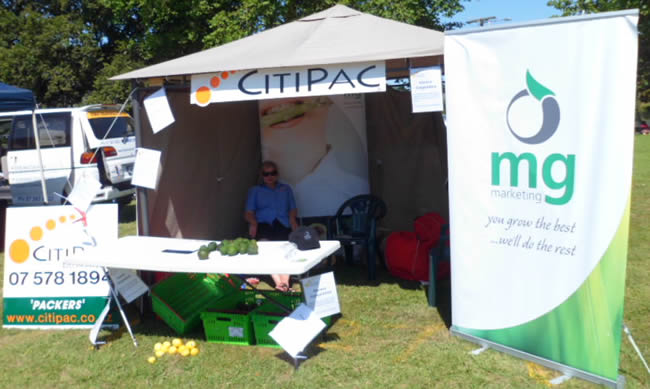
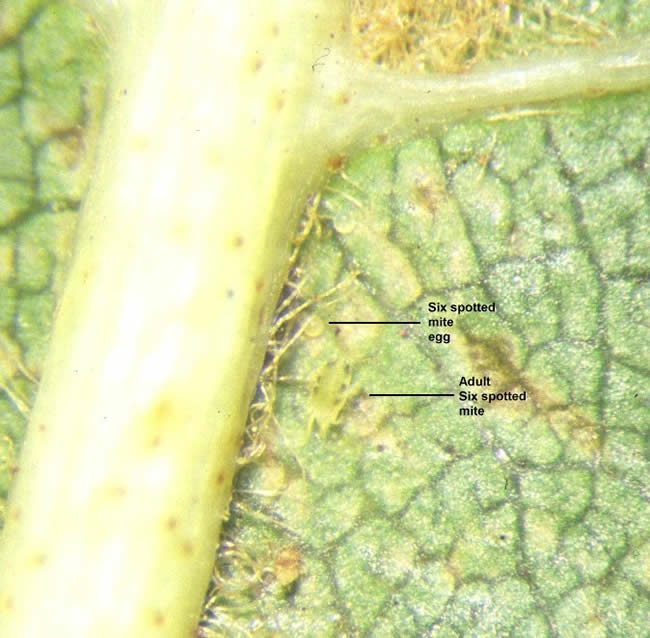
- Have the crop from the tree sides picked(ready for pruning) along with the sized fruit from the tree crown, we will get around to picking the rest of the fruit once export is finished and prices start to rise
- Due to tree congestion we have arranged for the trees to be pruned
- Get a Paramite spray on to treat the ssm
If you would like a second opinion about your trees please call for a no obligation visit. We love trees and we’re here to help.
Citipacs new labels.
